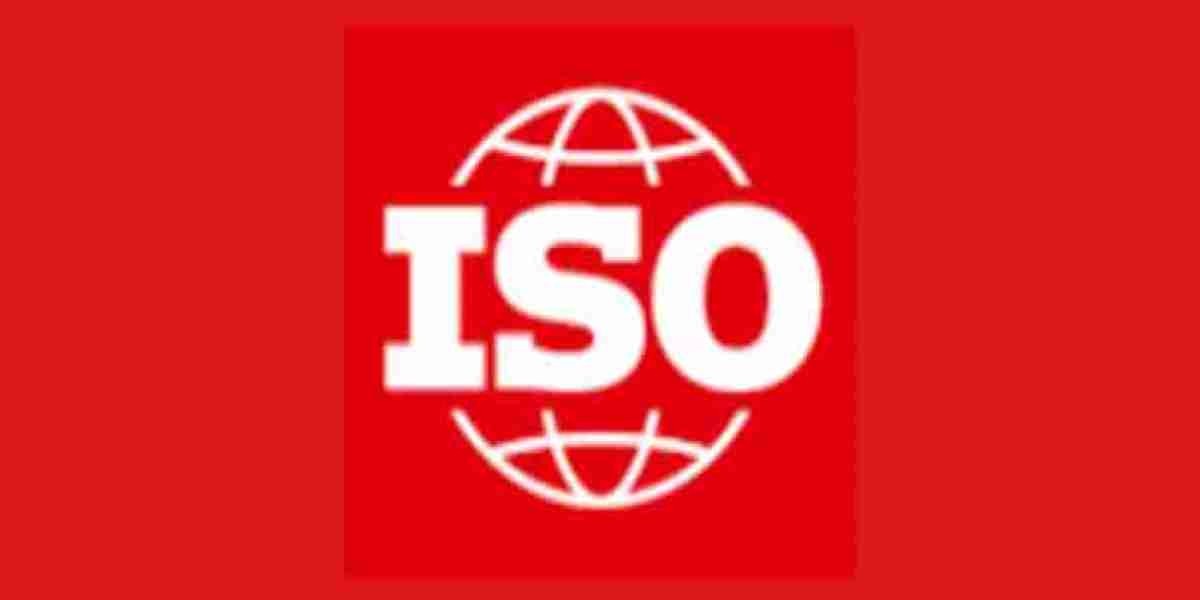When dealing with chemical suppliers, it's crucial to be vigilant for potential red flags that could indicate risks to your business. Here are some common red flags to watch out for:
1. Lack of Transparency: Suppliers who are unwilling to share information about their operations, supply chain, or compliance with regulations can be a major red flag. This lack of transparency may indicate underlying issues such as non-compliance with industry standards, poor supply chain due diligence, or potential human rights concerns.
2. No Publicly Available ESG Data: In the current business environment, where Environmental, Social, and Governance (ESG) factors are increasingly important, suppliers who do not disclose any ESG information may pose a risk. This could signal a lack of internal sustainability accounting, poor ESG performance, or an indifference to environmental and social considerations.
3. Absence of Key Industry Certifications: Suppliers that have not obtained fundamental certifications such as ISO 9001, ISO 14001, or ISO 27001 may not meet industry standards for quality management, environmental management, and information security. This absence could indicate noncompliance with industry standards, a lack of investment in necessary tools, or unreliable internal practices.
4. Ongoing Regulatory Issues and Legal Challenges: Suppliers with a history of regulatory violations or ongoing legal issues can expose your business to significant risks, including financial penalties, litigation, and reputational damage. These issues may also indicate poor internal standards, lack of corporate governance, or unethical business practices.
5. Quality Assurance Fraud: This includes any suspicion of product tampering, misrepresentation of product quality, or falsification of test results. It's critical to ensure that the chemical products you receive meet the agreed-upon specifications and comply with relevant quality standards.
6. Disbursement Fraud: Be wary of suppliers involved in billing schemes or check tampering, which can lead to financial losses for your business.
7. Counterfeiting and Sale of Goods on Grey Markets: Suppliers engaging in these practices can damage your brand reputation and lead to legal complications.
8. Use of Conflict Minerals: Sourcing minerals from conflict zones can lead to ethical and legal issues, especially if the minerals are linked to human rights abuses or financing armed conflicts.
9. Human Trafficking and Child Labor Law Violations: Suppliers involved in such illegal activities are a significant risk, as they can result in severe legal and reputational consequences for your business.
To mitigate these risks, it's essential to conduct thorough due diligence on potential chemical suppliers, including background checks, on-site audits, and verifying their compliance with relevant laws and regulations. Additionally, establishing strong relationships with reputable suppliers and regularly monitoring their performance can help ensure the reliability and integrity of your supply chain.



